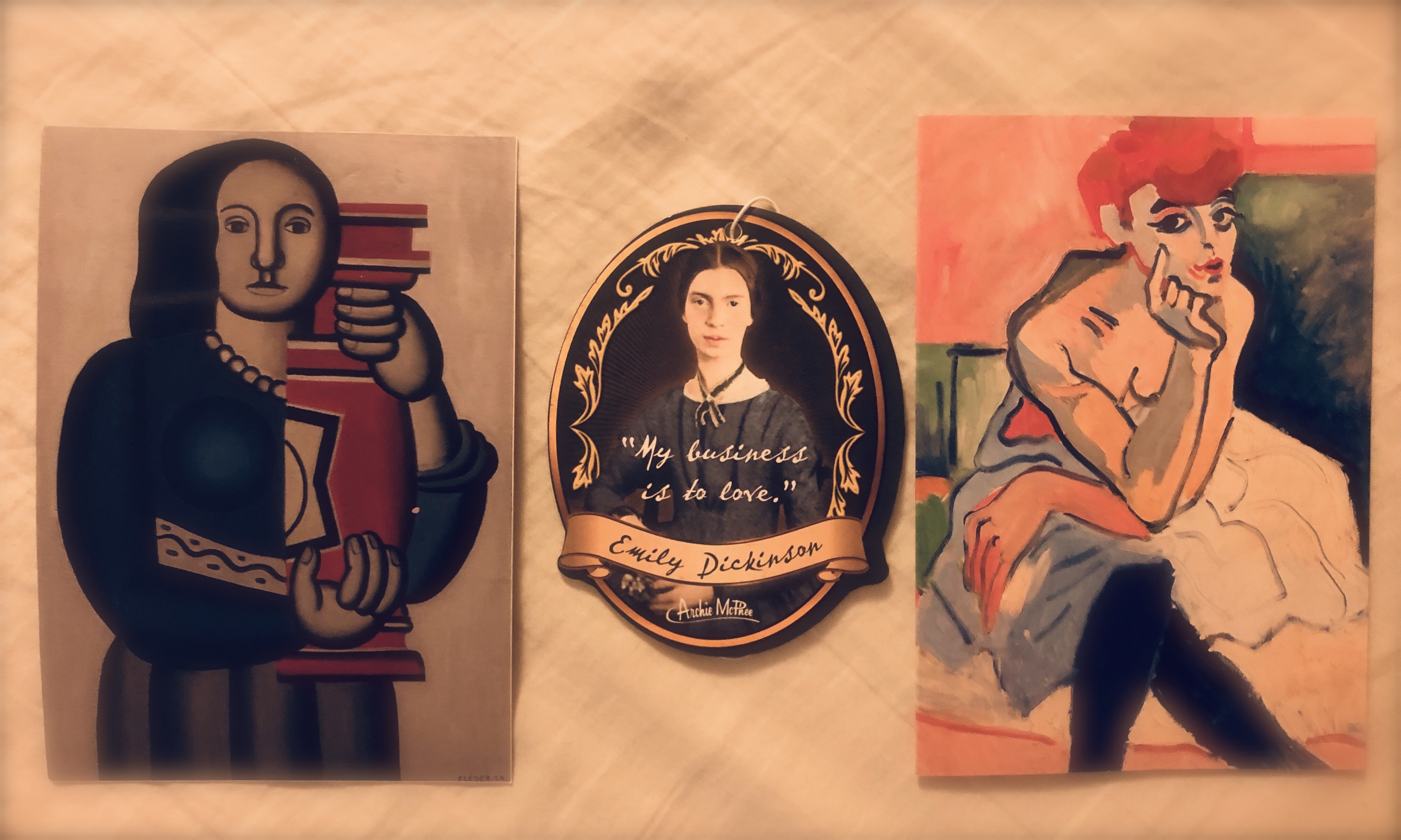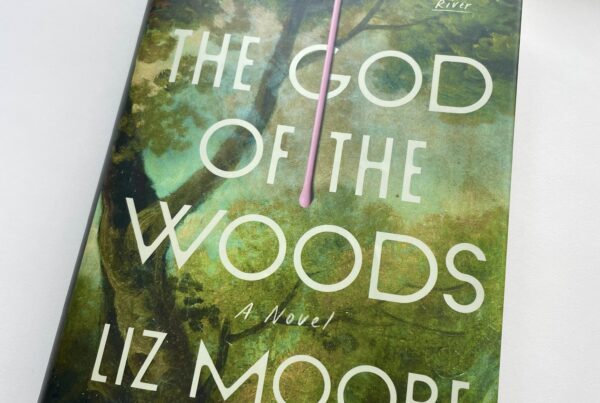During the last decade, many of us struggled to reconcile disturbing events with our general hope that progress is inevitable. For me, at least, there are at least a few beautiful signs of progress: I ended the 2010s and began the 2020s working for an openly gay presidential candidate, admiring close friends who have embraced their trans identities, and changing my perception and appreciation of my own womanhood. With gender binaries breaking and gender norms shifting, we’re finally getting a real glimpse of a future where all genders and sexualities can be celebrated and respected. Noting how far we’ve come in the last decade and how far we still have to go, there was no better way for me to finish off 2019 than by reading Ursula Le Guin’s The Left Hand of Darkness in celebration of its 50th anniversary year.
The Left Hand of Darkness was one of the first feminist science fiction books ever written and is still one of the most important examinations of sexuality, exploring prejudice, stereotypes, cultural acceptance, and scientific curiosity. Genly Ai is a male native from Terra who has left the human galaxy and been sent on a diplomatic mission to Winter, a lost world. He has been tasked with getting Winter (also known as Gethen) back into the fold of his human galaxy. On Gethen, people are gender-neutral for most of the time and become either male or female once each month. Overcoming his own prejudices proves to be a difficult feat for Genly Ai.
Le Guin wields the tool of her novel to help her figure out answers to some of life’s most complicated questions. As readers, we gain insight into what often feels like a guide to Le Guin’s deep moral philosophies. Similar to how a philosopher walks us through premise by premise so that we may be persuaded by his or her theories, Le Guin takes us on an intra-galaxy tour of her own questions and conclusions, and her premises make us question our own. All the while, a fascinating, gripping story unfurls that will capture even those of us who are wary of science fiction.
There is a vividness and a splendor to Le Guin’s writing that is hard to describe. Her language is the sort of poetic realism I might not usually associate with science fiction. The story is also surprisingly uplifting, even in its darkest moments. While there is plenty of misery and doubt throughout, the friendship Genly forms with Estraven, a native of the Gethen society, is moving. Despite this book being an essential part of the feminist cannon now, I still felt like I was stepping out of my own comfort zone when I began. I am thrilled that I did and am excited to begin the next decade reading more like it.




